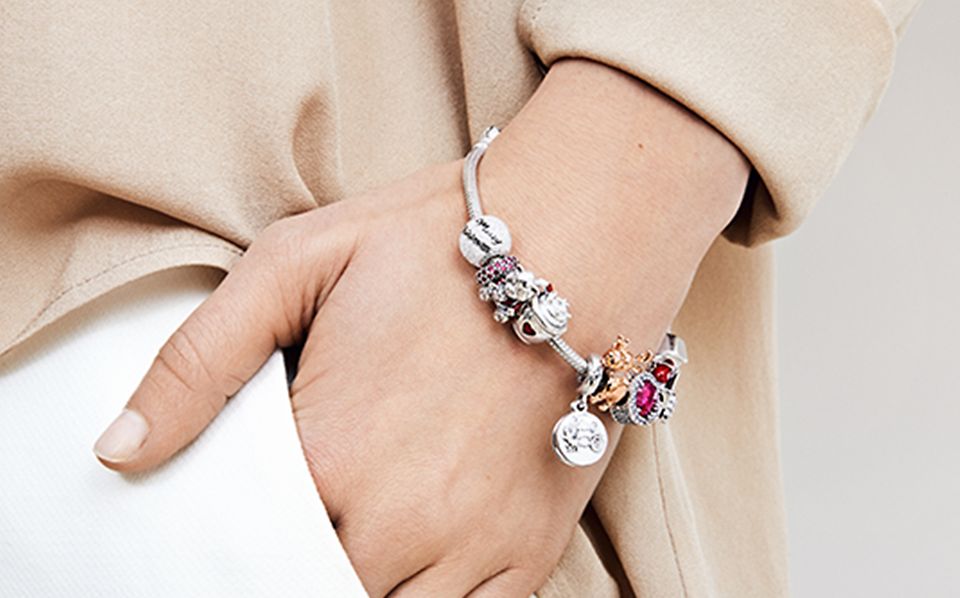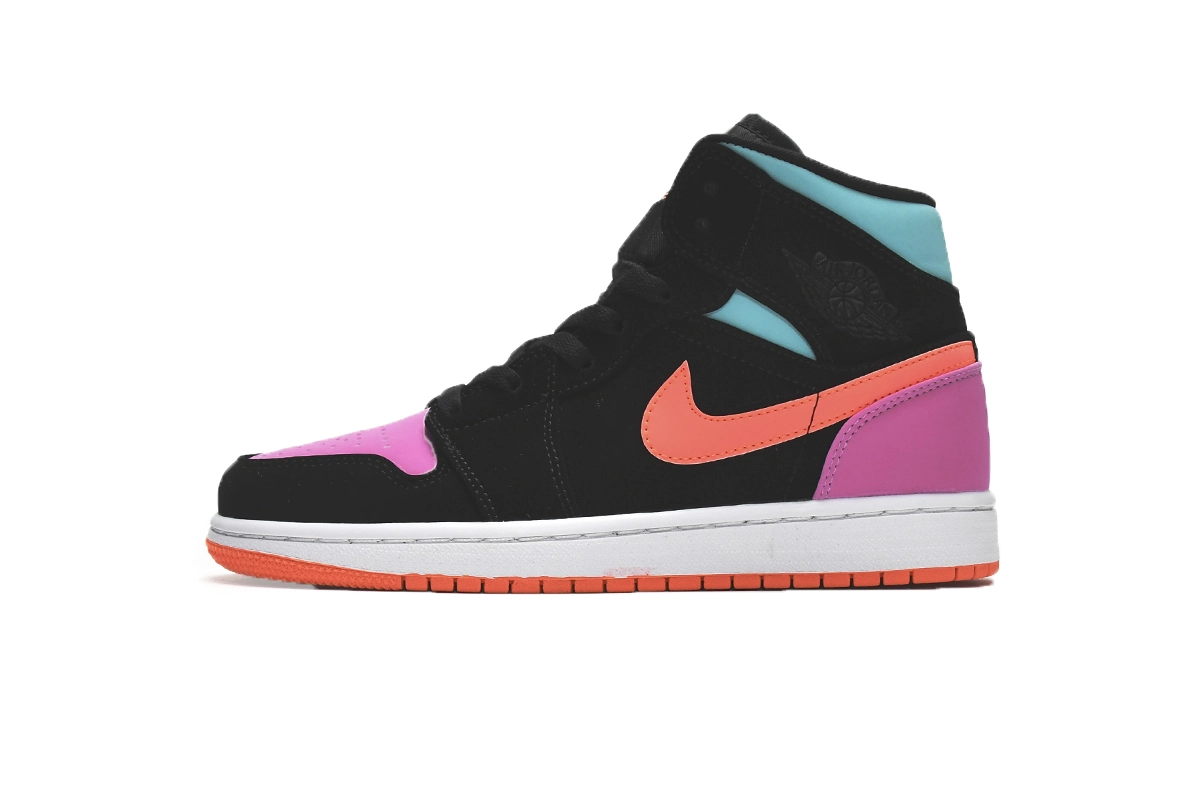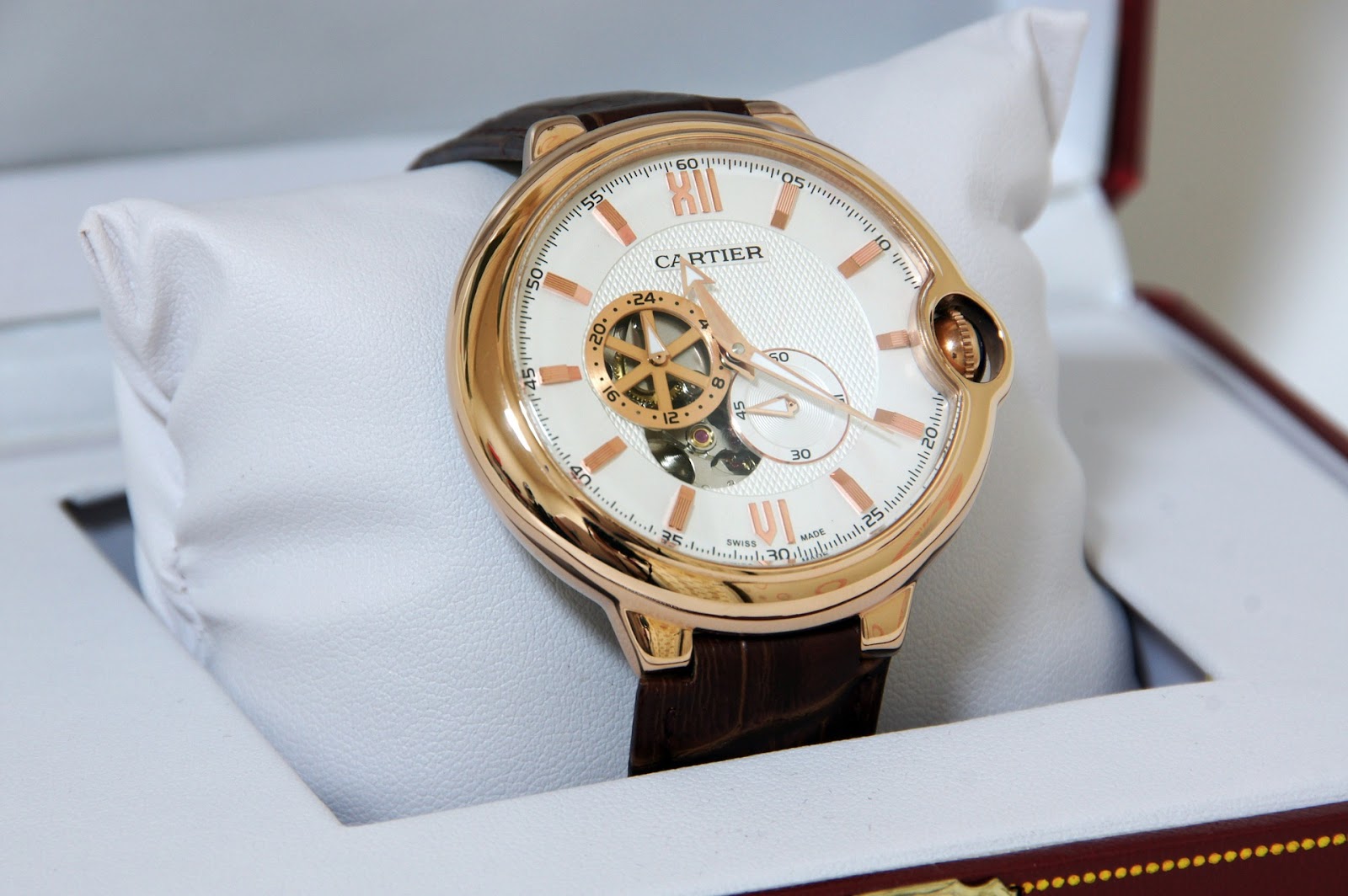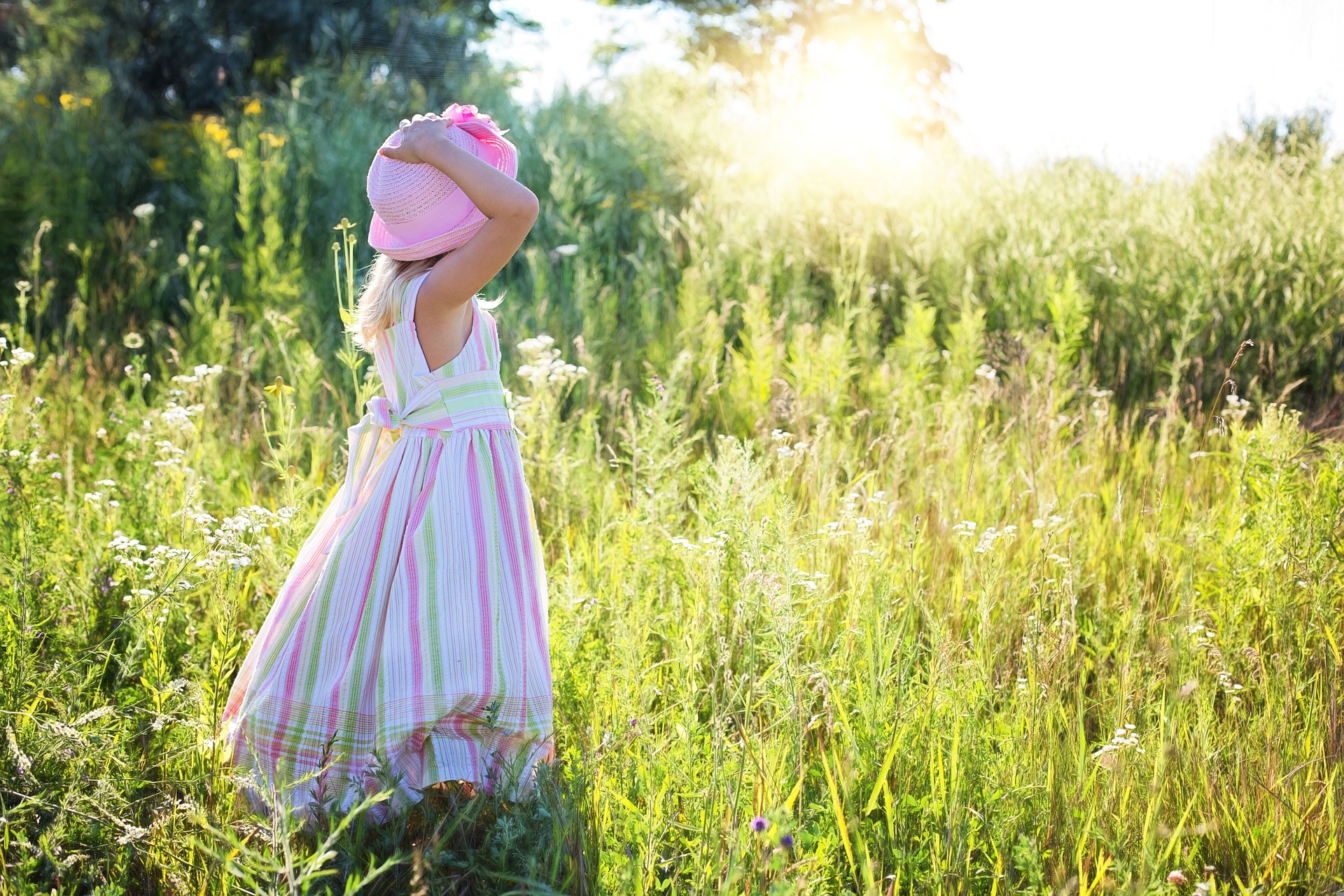How to Care for Your Lab-grown Diamond Engagement Ring
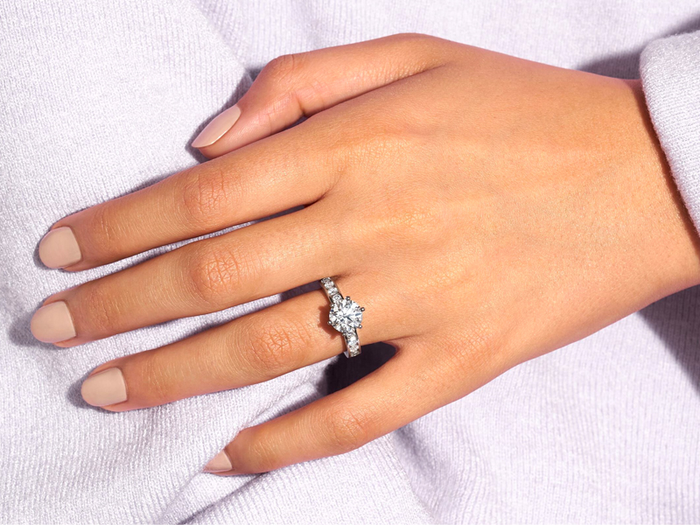
Scientists have been cultivating diamonds since the 1950s. The lab-made diamond prices are 40% – 60% cheaper and have the same optical, physical, and chemical properties as mined diamonds. In addition, diamonds symbolize love and eternity, so they are ideal for engagement rings. That’s why lab-made diamond engagement rings have grown in popularity.
Regular maintenance is essential. You may clean it at home and choose a professional ring cleaning service for deep cleaning to ensure the diamonds stay shiny and sparkly.
Check If Your Lab-Grown Diamond Is in Good Condition before Cleaning
Engagement and wedding diamond bands are worn daily. Hands engage in routine activities. there are chances that the diamonds in the setting can loosen up.
Diamonds are hard but not indestructible. They can chip or crack, so it is essential to check them properly before you clean them at home. If anything appears different from the day your fiancée gave it, then consult the jeweler. You can clean the diamond ring with a soft brush and warm soapy water often, but ensure that there is no loose, chipped, cracked, or missing diamond.
How to Clean a Lab-Grown Diamond Ring?
Diamonds can lose sparkle due to daily wear, including the buildup of grime, oils, and dirt. Outdoor activities like swimming, gym, hiking, etc. lead to sweat that attracts dirt and even increases the risk of loosening the diamond. In addition, household chores and cleaning solutions dull the sparkle and trigger permanent damage. Cleaning your lab-made diamond engagement ring is simple.
Know the Ring Metal
The first step is to know the ring material because different metals, like gold, silver, platinum, etc., need the right products. For example, silver metal can be cleaned with gold cleaner, but yellow gold jewelry cannot be cleaned with silver cleaner.
Normal cleaning products include solvents and bleaches, which weaken the bond in alloy metals, like rose gold causing breaks and cracks. In addition, detergent and chlorine slowly erode diamond polish and finish.
White gold is vulnerable to damage from improper cleaners because of alloys. The parts where metals were stressed like prongs are susceptible to bending with chemical cleaners. Choosing a diamond ring in a platinum setting rather than gold is better because it is resistant to chemicals and lasts long with the need of few repairs. In addition, the hands of your loved one will not need to come in contact with chemicals with this metal.
Schedule Professional Cleaning
Regularly cleaning a lab-grown diamond ring helps to keep the stone shining brightly. Nevertheless, over time you see the sparkle getting a little dull due to build-up. The solution is to have a deep cleaning from the jeweler.
Deep cleaning of the lab-grown diamond ring includes inspection, cleaning, and polishing. Ultrasonic cleaners are used. Sound waves at high frequency create bubbles, which latch to the dirt accumulated on the diamond.
The next step is to place the diamond ring under a strong steam blast to wash the grime and dirt from the diamond to regain its original shine.
Finally, you can blend safe home cleaning with annual professional deep cleaning. This ensures that the lab-grown diamond engagement ring stays dazzling and bright.
Clean It at Home
If your lab-grown diamond engagement ring has a complex design, it is hard to clean in between the patterns. But you can soak it to clean and dry with a soft cloth. Here below is the detailed procedure:
- Fill a small container with warm water.
- Dissolve some detergent in water to make it slightly soapy.
- Soak your diamond ring in for 20-40 minutes.
- Then brush lightly with soft bristles.
- Put it back in a mild detergent solution and continue brushing.
- Next, rinse your diamond ring with clean tap water.
- Lastly, dry the ring gently with a clean, lint-free cloth.
Another way to clean a lab-made diamond engagement ring is using a mixture of baking soda [two tablespoons] and white vinegar [half-cup]. Then, use the same process mentioned above with water and soap.
Other Tips to Protect Your Lab-grown Diamond Engagement Ring
Proper maintenance of your lab-grown diamond engagement ring ensures its shine, brilliance, longevity, and value. Here are some tips that will help to protect the lab-grown diamond engagement ring.
- Thick lotions and creams can cause residue to build up on the ring. Therefore remove the diamond-studded proposal ring before you apply hand lotions or sunscreen.
- Chlorine-treated pools can get in the ring, causing damage, so remove it while swimming.
- Avoid wearing diamond rings at the beach because sand can get in the ring, causing abrasions.
- Remove the diamond ring while cooking, gardening, or washing dishes.
- Keep abreast of your maintenance appointments when the warranty is available.
- Regularly check the prongs and settings.
- Choose a specialty diamond insurance policy if your diamond ring is precious. It offers comprehensive protection against accidental damage as well as out-of-home worldwide coverage.
- Store your diamond ring in a well-organized, dust-free jewelry box. Ensure it is in a specific compartment because rubbing against other jewelry pieces can damage the metal setting.
- When you remove the ring, make sure to avoid touching the diamond directly.
FAQs about Care for Your Lab-Grown Diamond Engagement Ring
1. How often should you clean your lab-grown diamond engagement ring?
Daily wear tends to accumulate oil and dirt build-up. If you don’t clean it regularly, schedule the diamond ring cleaning at home twice a month. A bi-weekly reminder alert on your smartphone helps to stay ahead of routine maintenance. Be wise and have professional deep cleaning schedules once a year.
2. What not to use when cleaning your lab-grown diamond engagement ring?
Lab-made diamonds are the same as natural diamonds. Use the best diamond ring cleaner; never use abrasive cleaning solutions or bleach. Also, avoid using acetone, chlorine, ammonia, and hydrofluoric acid. These chemicals can dull the sparkle and damage the diamond and settings.
3. Will lab-grown diamond engagement rings get cloudy?
Cultivated diamonds have good clarity, just like high-quality mined diamonds, so they will not get cloudy.

